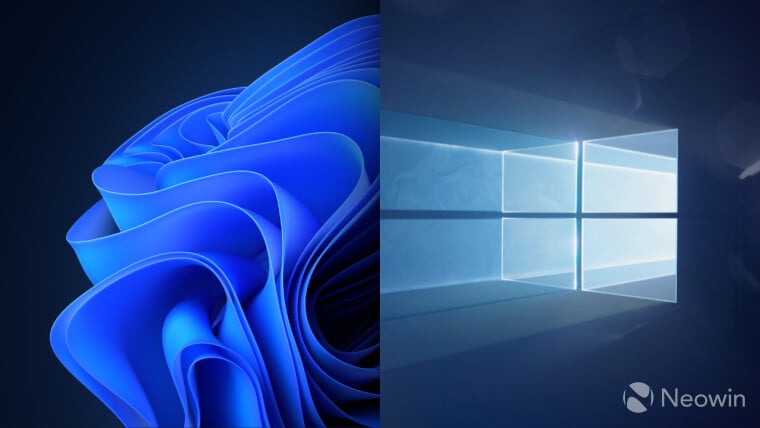- cross-posted to:
- pcgaming@lemmy.ca
- cross-posted to:
- pcgaming@lemmy.ca
Let’s put it this way; when Microsoft announced its plans to start adding features to Windows 10 once again, despite the operating system’s inevitable demise in October 2025, everyone expected slightly different things to see ported over from Windows 11. Sadly, the latest addition to Windows 10 is one of the most annoying changes coming from Windows 11’s Start menu.
Earlier this year, Microsoft introduced a so-called “Account Manager” for Windows 11 that appears on the screen when you click your profile picture on the Start menu. Instead of just showing you buttons for logging out, locking your device or switching profiles, it displays Microsoft 365 ads. All the actually useful buttons are now hidden behind a three-dot submenu (apparently, my 43-inch display does not have enough space to accommodate them). Now, the “Account Manager” is coming to Windows 10 users.
The change was spotted in the latest Windows 10 preview builds from the Beta and Release Preview Channels. It works in the same way as Windows 11, and it is disabled by default for now because the submenu with sign-out and lock buttons does not work.



Sorry to hear you had a bad experience. For what it’s worth, I haven’t run into laptop problems like those you described.
You’ve reminded me that people who declare “linux isn’t ready” often make the same mistakes:
Proficiency with any tool takes practice. More so when you don’t have an abundance of good mentors and pre-packaged solutions for what you want to do with it. That doesn’t make the tool bad. It doesn’t mean it lacks usability. It mostly just means that you haven’t learned how to use it yet.
Edit: Split the rest into a separate comment, since it wasn’t really addressing anyone specific.
Thats ALL PCs.
Alright, fair enough. But then within the linux operating system, it should make those islands official sources for quality information. Make them easier to find.
Nope. (example) (example) (example)
(And if you don’t like ready-made PCs, you can always build your own.)
Heh. It would be nice to have such things handed to us on a platter, wouldn’t it?
In reality, there is no central organization in a position to speak for the whole linux ecosystem, and a great deal of the work and knowledge comes from unpaid volunteers acting on their own. Standing out from the noise on the internet is harder than you might think.
However, there are companies selling direct support, and communities focused on specific topics, and wikis run by some of the most popular linux distributions, and classes, and books, and various other good information sources.
And, even if you have no money to spend, you will eventually come across some of the community-maintained gems just by regularly dedicating time to learning. Finding good info gets easier with practice.